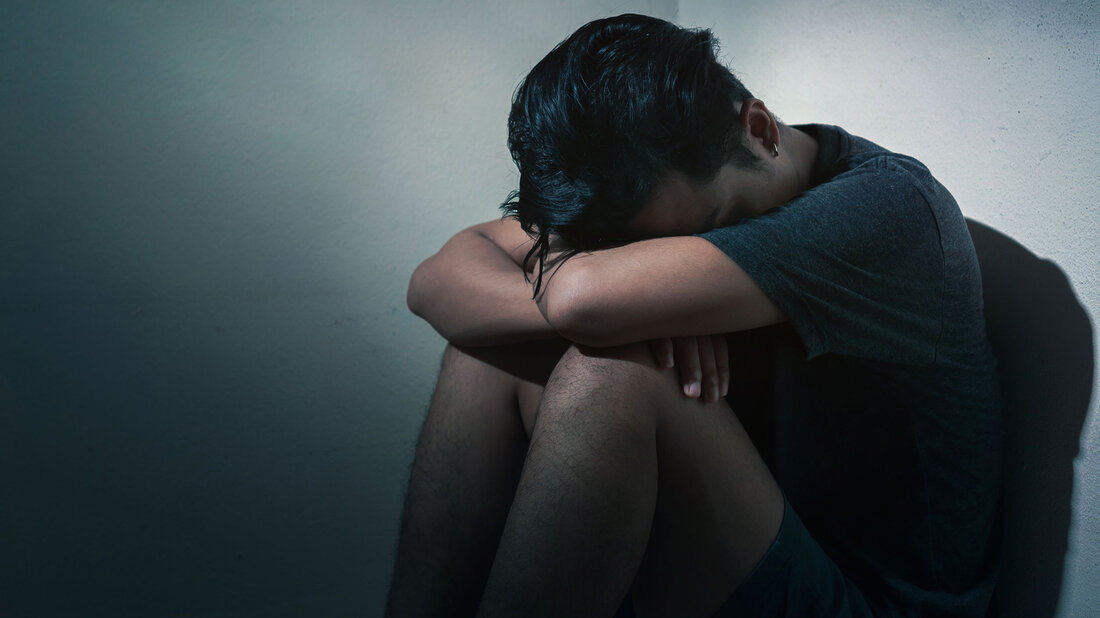Acupuncture for anxiety and depression - how does it help?
Anxiety and depression are known to be the most common forms of mental health problems affecting people from all over the world. This can primarily be attributed to your lifestyle. With technological innovations and advancements, the typical work schedule has been successfully extended beyond traditional work hours, leading to stress, anxiety, depression, and other mental health issues. Ironically, most people find it easier to ignore these problems than to address them. At some point, you may be faced with the option of using certain antidepressants. However, as long as the underlying problem remains unresolved, it is naive to expect positive changes in your life. Acupuncture can...

Acupuncture for anxiety and depression - how does it help?
Anxiety and depression are known to be the most common forms of mental health problems affecting people from all over the world. This can primarily be attributed to your lifestyle. With technological innovations and advancements, the typical work schedule has been successfully extended beyond traditional work hours, leading to stress, anxiety, depression, and other mental health issues.
Ironically, most people find it easier to ignore these problems than to address them. At some point, you may be faced with the option of using certain antidepressants. However, as long as the underlying problem remains unresolved, it is naive to expect positive changes in your life.
Acupuncture can help address the problems of anxiety and depression. This is how the science behind acupuncture works.
How does acupuncture work?
Acupuncture is a form of Traditional Chinese Medicine (TCM) that involves stimulating Qi (or energy) through the meridians. TCM believes in the fact that the body's physical interaction with the elements of nature has a deep-rooted influence on a person's internal functions such as mental health. Consequently, through appropriate stimulation of nerves and tissues, traditional Chinese medicine aims to correct internal imbalances that lead to anxiety and depression.
The fine needles typically used in acupuncture are strategically placed over primary pressure points and/or specific areas to achieve desired results. Depending on the position of the needles, different therapeutic effects can be observed during treatment. Acupuncture can help stimulate the immune system, produce pain-relieving chemicals in the body, treat various illnesses, and stimulate mental health.
Benefits of acupuncture
Acupuncture as a means of resolving anxiety and depression offers several benefits. Here are some of them to help you understand why acupuncture is better than most other forms of medicine.
• No side effects: Although acupuncture can cause bruising and dizziness in some cases, it is rare. This type of treatment does not always work, but the percentage of acupuncture errors (assuming you go to the right specialists for treatment) is low.
• No dependency: Most antidepressants and anti-stress medications are known to create dependency. The user cannot stop using these medications without experiencing certain withdrawal symptoms. In the long run, there may be several other side effects associated with drug use that can lead to major problems.
• Safe and proven: Acupuncture is a proven form of treatment. It has helped several people achieve holistic health and fitness goals. You can even use it in combination with conventional medicine to improve the effects of the treatment.
Acupuncture is easily becoming a preferred treatment for anxiety and depression. It helps reduce stress, which in turn helps clear the mind of negative thoughts. This also helps you sleep better, which adequately addresses the underlying cause of several health problems. Without stress, you can automatically improve your medical health.
Inspired by Dr. Manuel Compas, D.C.

 Suche
Suche
 Mein Konto
Mein Konto
